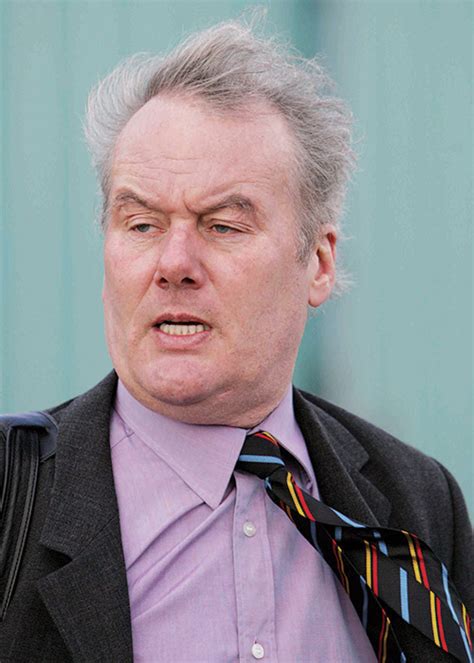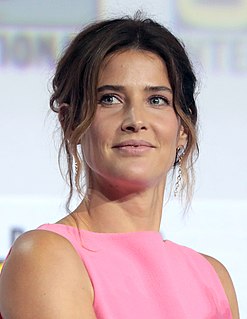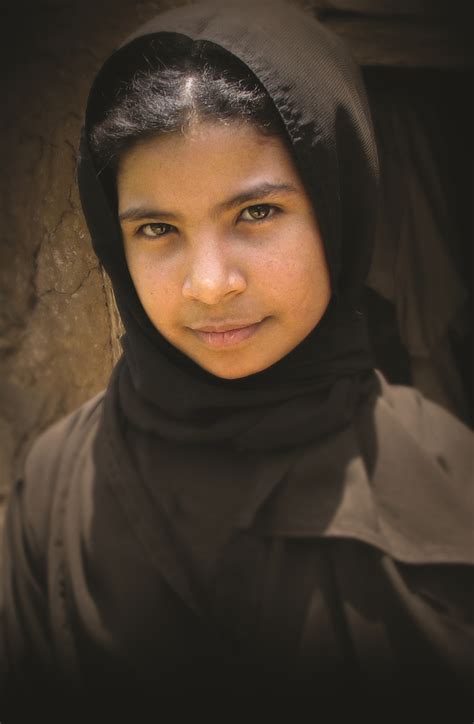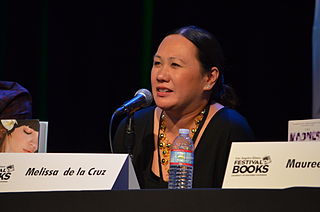A Quote by Olympia Dukakis
Sometimes I feel as if four thousand years of silencing women, of the fear of women who were burned in oil or eviscerated in front of their daughters, is imprinted deep within me and has altered my DNA.
Related Quotes
Ten thousand officers and men named Smith died in the First World War. One thousand four hundred Campbells died, six thousand Joneses, and one thousand Murphys. Smith, Campbell, Jones and Murphy: the names of the United Kingdom, whose presence in regiments from all four countries speaks of the ebb and flow of peoples within these islands, of a common sacrifice, and a shared agony that burned in so many million hearts down the decades.
My nana was always a widow as long as I was alive; my grandfather died before I was born. All the women on my street - there were four houses in a row with all old women who lived alone who were widowed. They all had kids, but they were all widowed. My mom didn't put me in preschool; I didn't know that was a thing. I just hung out with these women all day.
Women were free in older times when the Islamic nation was strong. There are so many examples in history, not more than a thousand years ago, when Muslim women were leaders, scientists, professionals, and so on. It is all about justice, and justice can be attained through having the rulers accountable to their people.
My own life values were shaped in great part by my mother, who instigated women's clubs in my village. Women were able to organize and stand together. What inspired me most about their work was the power it gave them to assert their rights and the rights of their daughters, be it education or property inheritance.
I went to the Convent of the Sacred Heart for four years. It was interesting to me because, in a family where men were clearly favored over women, this was an atmosphere, a world, run by strong, determined, smart women in leadership, who had high expectations of the girls, and this tremendous sense of love and commitment to the wider world.
My divorce has changed my life. I don’t cry anymore. My bad dreams are starting to go away. I feel stronger, as if all these ordeals have toughened me. When I go out in the street, sometimes women in the neighborhood call to me, congratulating me and shouting ‘Mabrouk!’ – a word once tainted by evil memories, but which I know like to hear again. And shouted by women I don’t even know! I blush, but deep down I’m so proud.
No one was ever good enough for anybody's precious sons. No one ever called daughters precious, and why was that? Things had not changed very much. In the end women like Emily and Ingrid and Freya and Joanna only had one another to lean on. The men were wonderful when they were around, but their fires burned too bright, they lived too close to the sun - look what happened to her boy, and to her man. Gone. Women only had one another in the end.




































